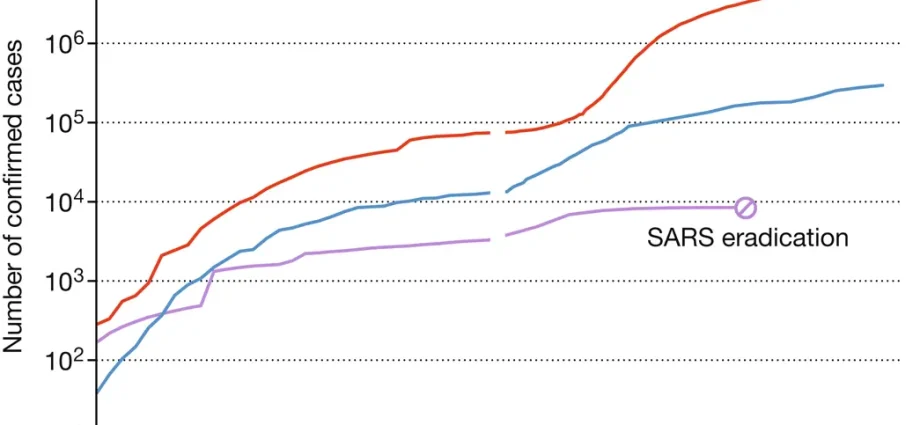The rise in mumps incidence among young adults indicates that passive immunity obtained with the mumps vaccine is not sustaining as long as expected, researchers at the Harvard TH Chan School of Public Health say.
American researchers have established that vaccine protection lasts for an average of about 27 years in the event of widespread parotitis from the last dose. The authors suggest that, in order to better protect adults from this condition, in addition to the currently recommended two doses of mumps vaccine for childhood, a third booster dose is indicated, ideally around the age of 18. The results were published in Science Translational Medicine.
After the introduction of the mumps vaccine in the mid-60s, the number of cases in developed countries was systematically decreasing. Hopes for a complete eradication of the disease increased in the US after 1989, when the second dose of the vaccine was included in international recommendations.
The optimism of American specialists, however, began to decline in 2006, when outbreaks of disease among vaccinated young adults, including, for example, on university campuses, began to be noted (and still is the case today). It was not known whether the cause of the appearance of mumps in previously vaccinated individuals is due to loss of vaccine immunity or from mutated strains of MuV. Scientists from the Harvard TH Chan School of Public Health showed that we are dealing with the first phenomenon.
Mumps can cause serious complications, including inflammation of the testicles (resulting in infertility), ovaries, pancreas, meningitis and hearing loss.










